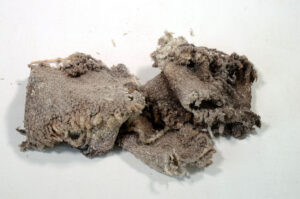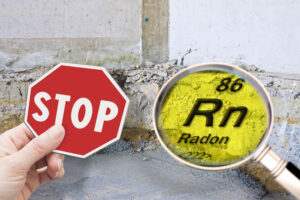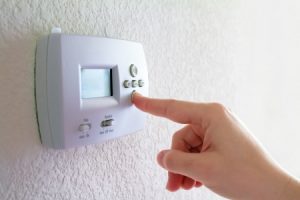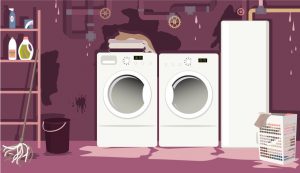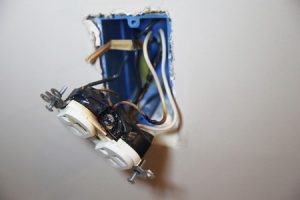You’ve found the perfect location, the ideal layout, and the brand-new home of your dreams. Everything seems pristine and flawless, and you might be tempted to skip the home inspection process. After all, it’s a new build, and what could possibly be wrong with it? Well, that’s where misconceptions lie.

Mistakes Happen
While builders strive for perfection, human error is inevitable. Construction crews can make mistakes during the build, leading to issues that could go unnoticed. A professional home inspector can identify these errors and ensure that they are corrected before you move in.
Incomplete Work
Even in new construction, some components of the home may remain incomplete or not up to standard. Inspecting the property can help catch unfinished work, missing fixtures, or other issues that need attention.
Quality Control Varies
The quality of work can vary from one builder to another. An experienced home inspector can assess the workmanship and materials used, ensuring that they meet the industry’s best standards. This oversight guarantees that you’re getting what you paid for.
Code Compliance
Builders are required to follow local building codes and regulations. However, occasional lapses may occur. A home inspector can verify whether the construction meets these codes, keeping you safe and ensuring your investment is compliant.
Hidden Defects
Some problems in a new home might not be visible to the untrained eye. This could include issues within the walls, the roof, or the foundation. A home inspector has the tools and knowledge to uncover these hidden defects, saving you from costly surprises down the road.
Warranty and Negotiations
A thorough home inspection can be a valuable tool when negotiating with builders. If issues are found, you can address them with the builder before closing, saving you money and the hassle of dealing with problems after moving in. Furthermore, the inspector’s report can be used to ensure warranty claims are honored.
Peace of Mind
Ultimately, a home inspection provides peace of mind. It allows you to move into your new home with confidence, knowing that every aspect of the property has been thoroughly assessed. It’s a small investment that can potentially save you from significant headaches and expenses in the future.
The excitement of purchasing a newly constructed home is understandable, but never let it cloud your judgment when it comes to a home inspection. The process is not just for older homes with visible issues; it’s a safeguard for your investment and your family’s well-being. A professional home inspector’s expertise will ensure that your new home is safe, sound, and free from hidden defects. So, before you sign on the dotted line, remember that a thorough inspection is an essential step in the process of acquiring your new dream home.
Contact First Choice Inspectors at 773-429-9711 today or visit us online for more information!
